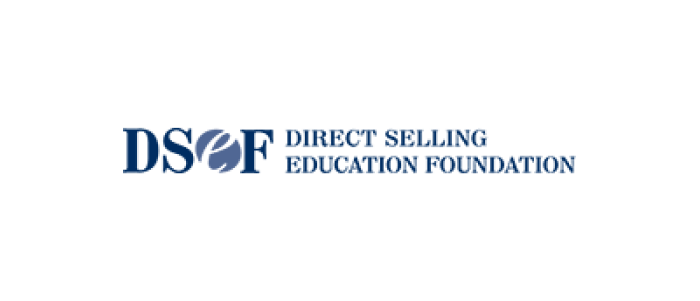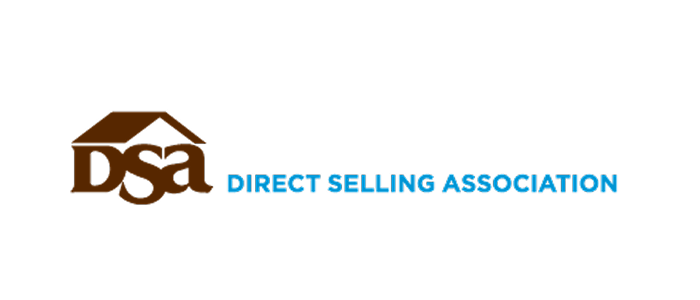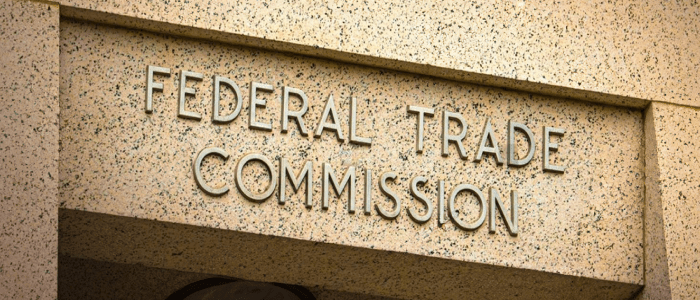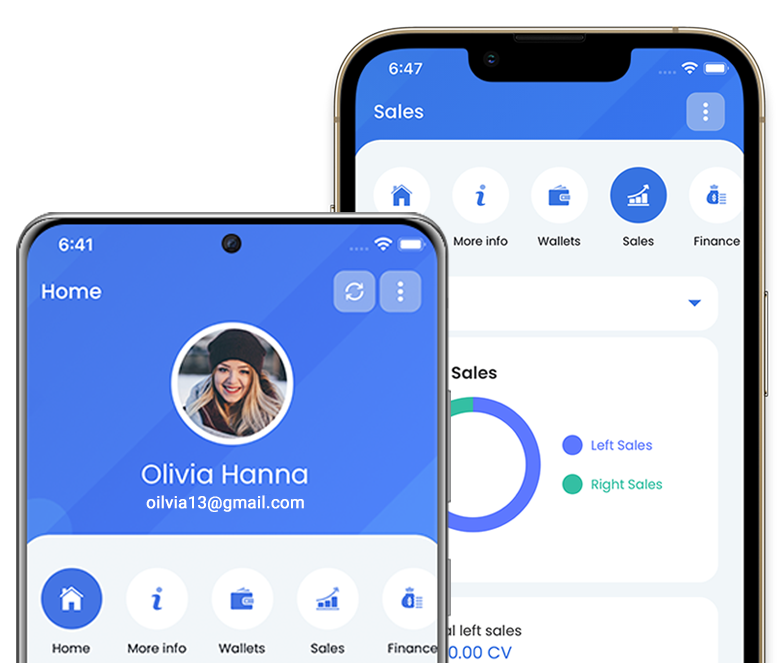
DSEF research reveals higher trust levels and interest in direct selling
Ipsos recently conducted consumer attitude research for DSEF which showed increased levels of trust and interest among customers for the direct selling model. The study hinted at a 21% improvement in positive perceptions on the model since 2019. In the research, four out of five US consumers reported neutral to favorable opinion about purchasing products through a direct seller. Participants of the study also opined that they prefer flexible working opportunities that benefit and develop their personal and professional abilities.
“This data is both timely and powerful. Consumers increasingly want flexibility and entrepreneurial choice, and direct selling is well-positioned to deliver on both. The 21% increase in positive perceptions shows that trust in the model is rising and that Americans are open to this channel as a modern retail option,” said Lisa Gudding, President of Strategic Growth at Ipsos. She co-authored the study with Monica Wood, Chair of the DSEF Industry Research Committee.

Successful acquisition strategies in September
A series of acquisitions marked the expansion of various direct selling companies LifeVantage, Shaklee, and Zinzino. Shaklee announced its plans of expanding to New Zealand with the asset acquisition of Modere. Shaklee will now have access to all trademarks, patents, and proprietary formulas of Modere. “We are excited to integrate Modere New Zealand’s products into the Shaklee portfolio–and to open the door to future operations in the region,”said Roger Barnett, the Chairman and CEO of Shaklee Corporation.
LifeVantage acquired LoveBiome to enhance its wellness products and expand its distributor network in the US, Taiwan, and Europe. “This strategic acquisition represents an acceleration of our mission to offer people around the world a better path to wellness and a healthy vibrant life while also serving as a natural expansion of our Activation philosophy,” stated Steve Fife, the President and CEO of LifeVantage.
Zinzino further expands with multiple acquisitions in the direct selling industry. The company acquired Bodē Pro and Truvy to expand its product line and distributor base. Zinzino made and asset acquisition from Bodē Pro, a direct sales health company operating mainly in North America and Japan. “Together, we have many years of combined industry experience and everything it takes to drive the modern, personalized shopping experience through direct sales,” said BK Boreyko, CEO and founder of Bodē Pro.
Zinzino’s asset acquisition of Truvy includes access to the company’s distributor database, customer register, inventory and IP rights. Truvy, the health and weight loss MLM company, operates in North America, Latin America, and South Korea. “Individualized advice and tailored solutions are the future, and not just in health and wellness. Together, we have many years of combined industry experience and everything it takes to drive the modern, personalized shopping experience through direct sales,” stated Dag Bergheim Pettersen, CEO of Zinzino, and David Brown, CEO and Co-founder, Truvy.

DSA influences Congress and White House to honor direct sellers with independent contractor status
The long-fought struggle to grant independent contractor status for direct sellers has now been realized with the efforts of DSA. The Direct Seller and Real Estate Agent Harmonization Act was passed by the House Committee on Education and the Workforce, chaired by Rep. Tim Walberg (MI-5).
H.R. 3495 would clearly define direct sellers and real estate agents as independent contractors under the Fair Labor Standards Act. The bill reduces legal uncertainties, improves entrepreneurial opportunities, and protects the interests of millions of Americans in the industry.
Dave Grimaldi expressed his excitement stating, “This is proof that advocacy works. We brought entrepreneurs from across the U.S. to Capitol Hill to share their stories and explain the real-world value of this channel. Today’s committee vote is a historic win for independent workers and shows the power of collective voices. DSA and its members have pushed for this clarity for decades, and this milestone brings us closer than ever to protecting the freedom to work independently and build businesses on your own terms.”

Addiction Resource survey reveals Boomers as “Screen Addicts”
A recent poll conducted on Baby Boomers aged 59 to 77 has revealed that almost half of the adults in this age group spend more than three hours a day on their smartphones. The otherwise analog generation is now showing a zeal for digital entertainment on their mobile phones. A surprising 20% of poll respondents admitted spending more than five hours per day with their smartphones and 40% expressed that they felt uncomfortable without their preferred digital device.
The respondents were asked whether they had tried to reduce their screen time, to which 50% said no and 30% admitted having failed trying.
This turn of interest puts the traditionally tech-resistant generations in the spotlight. Boomers are depending on digital devices for communication, entertainment, and daily tasks.

FTC drops nation-wide noncompete ban
The Federal Trade Commission has officially abandoned its plan for a ban on non-compete agreements. FTC dismissed the rule in a 3-1 vote which had been stalled by a Texas Federal Court since August 2024. FTC will now take on a case-by-case basis to investigate agreements that appear unreasonable or anti-competitive.
“Noncompetes should not be judged under a blanket rule of legality or illegality. A contextual framework—grounded in traditional antitrust principles and supplemented by the FTC’s Section 5 authority—offers a more workable approach. This approach would be more akin to treating noncompetes as being subject to a ‘rebuttable presumption’ of illegality, with the employer bearing the burden to demonstrate that the noncompete is reasonably necessary to achieve legitimate business interests and narrowly tailored toward that end,” stated Commissioner Mark Meador.

